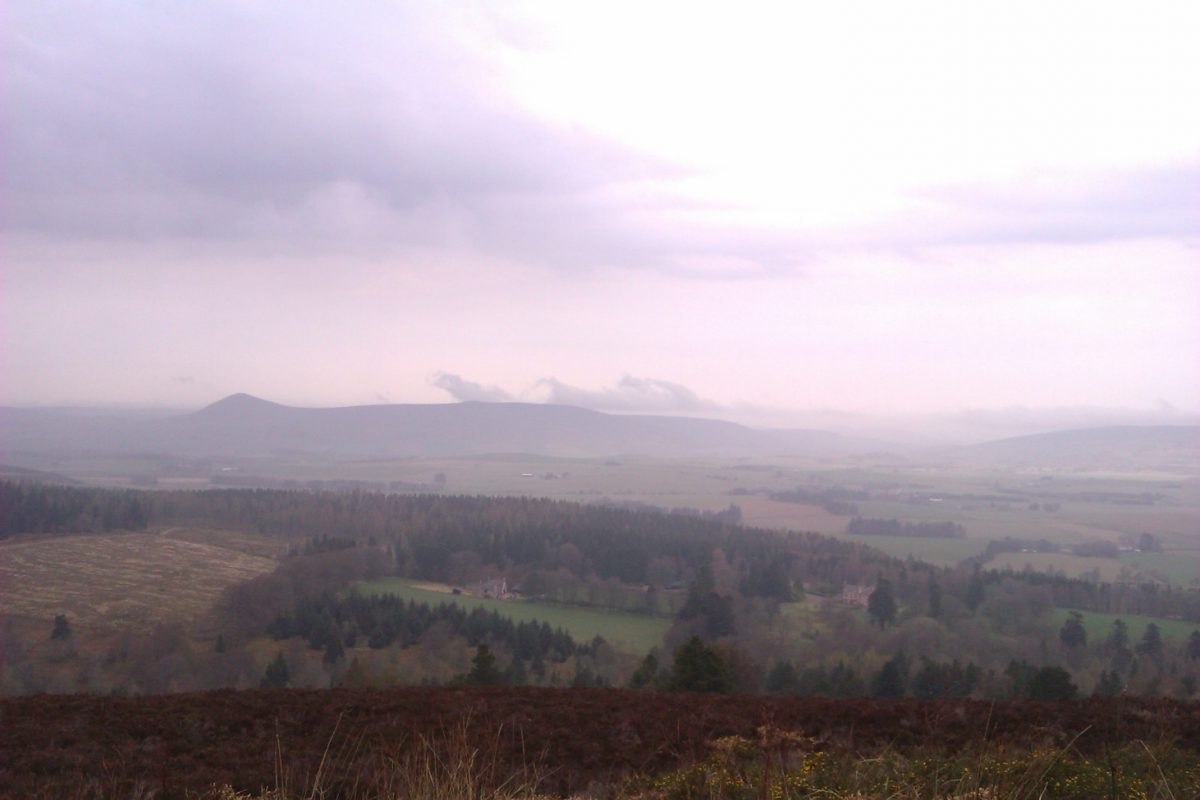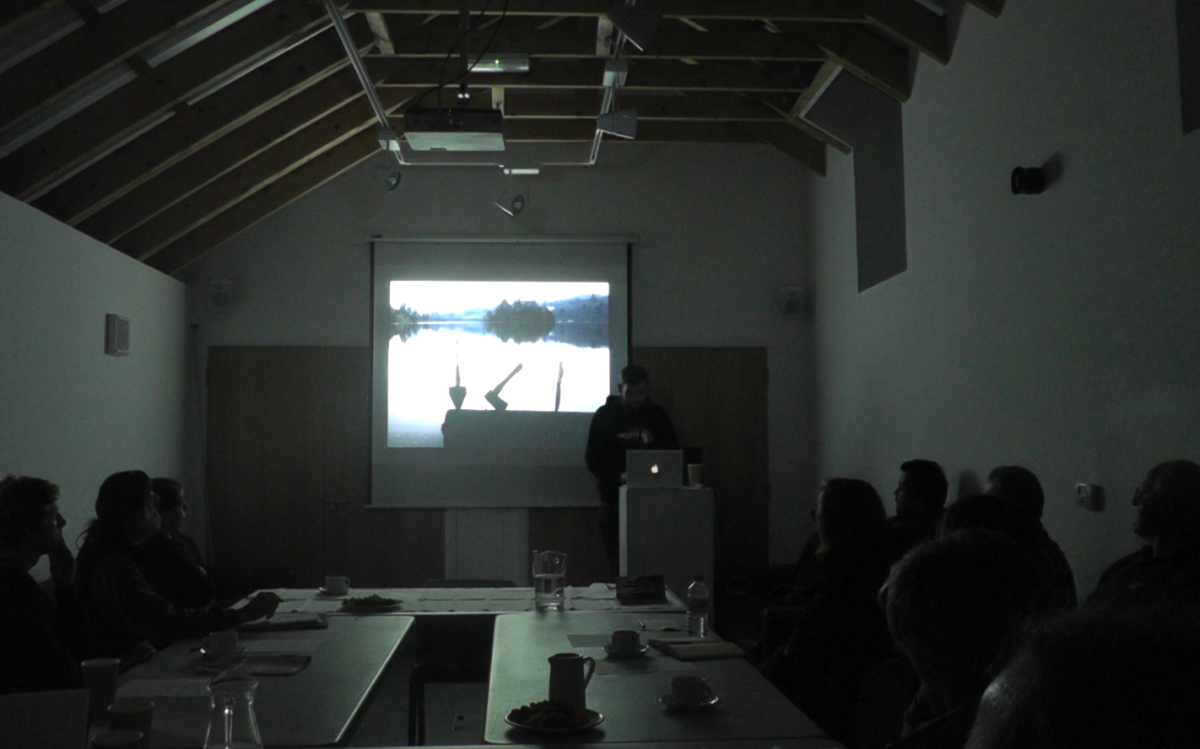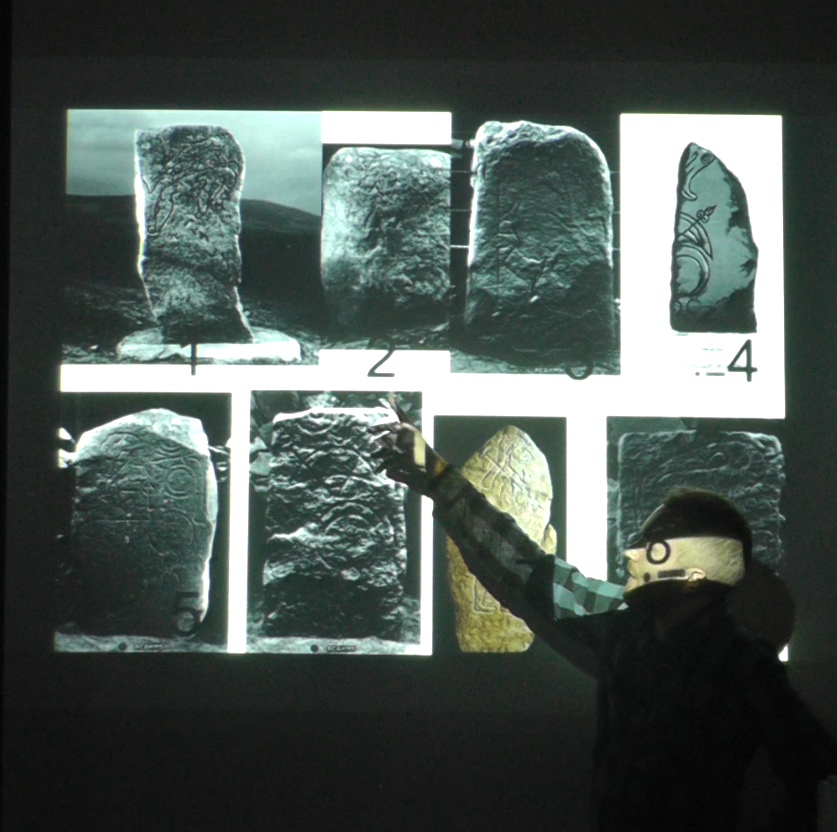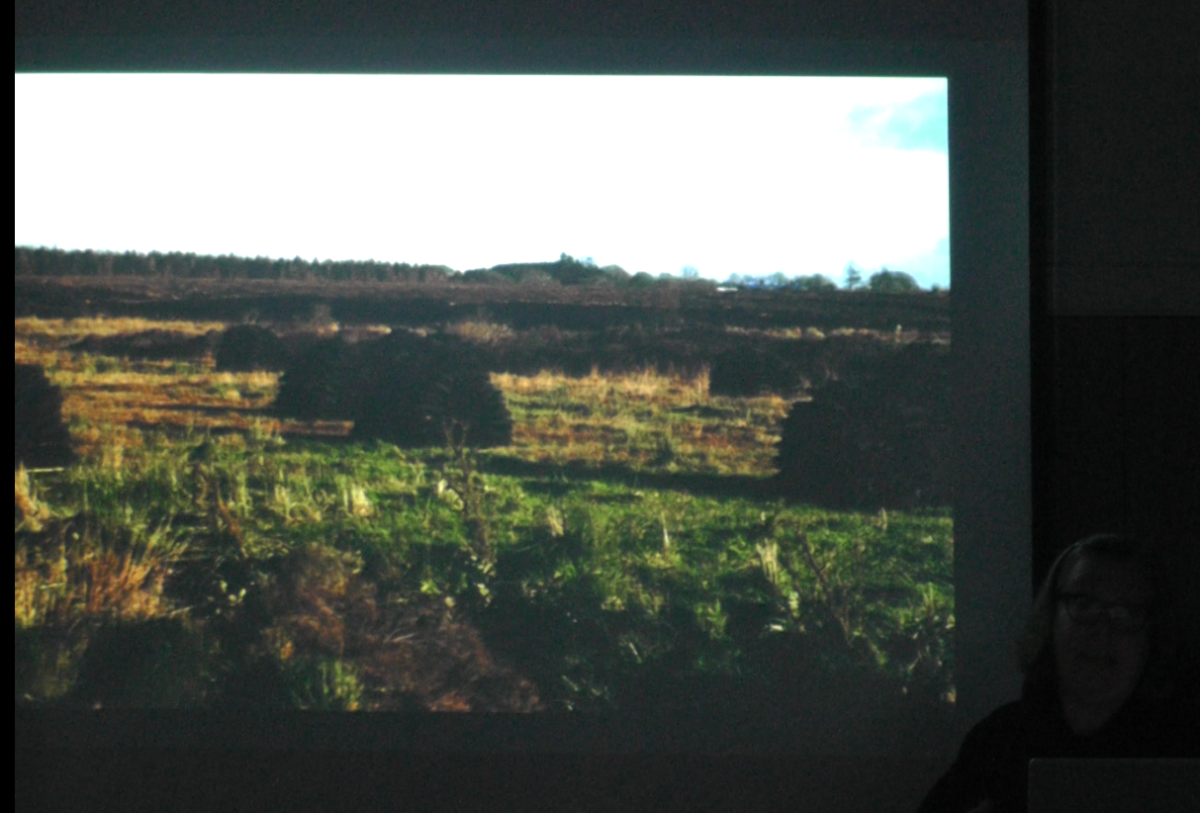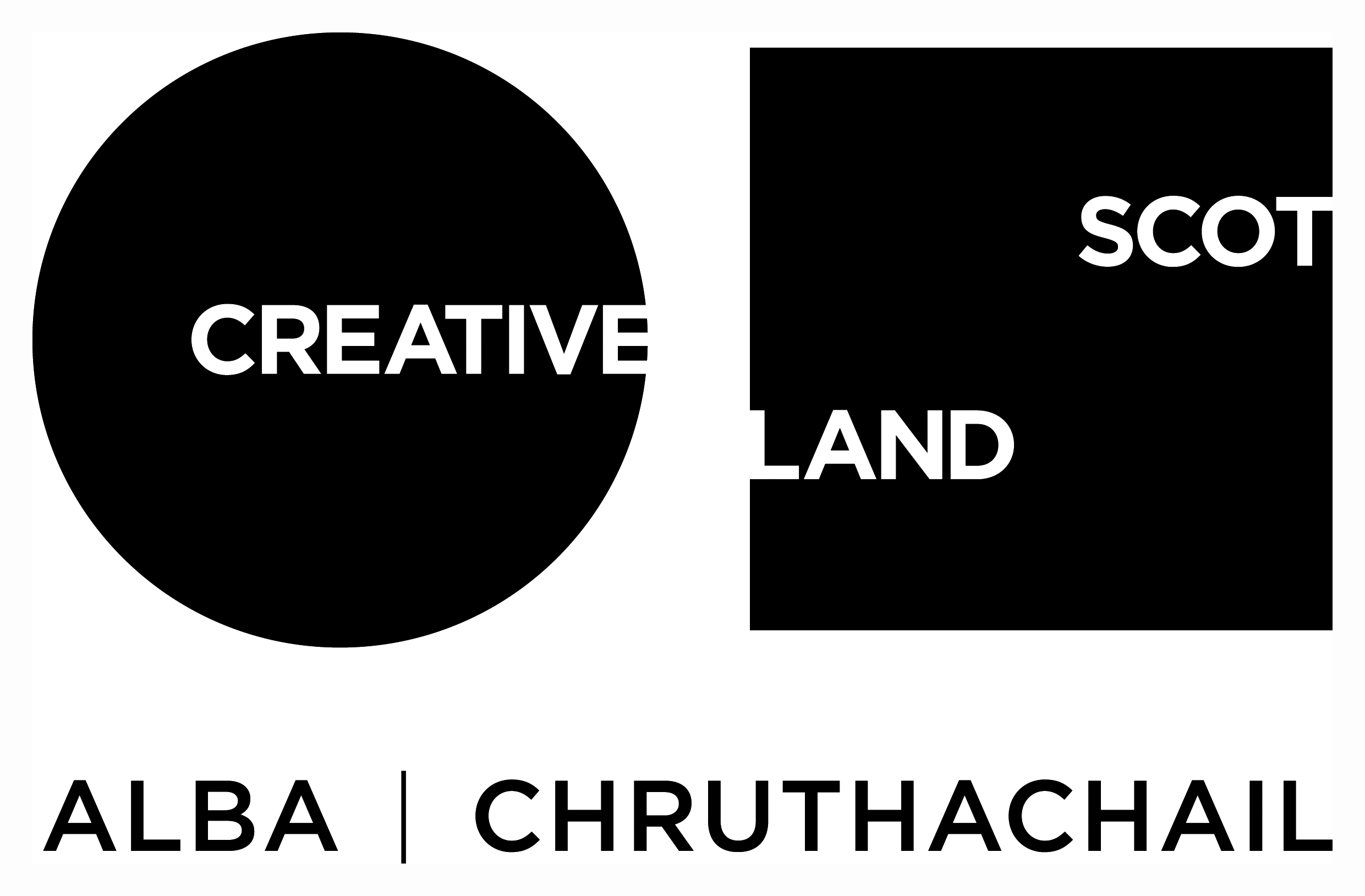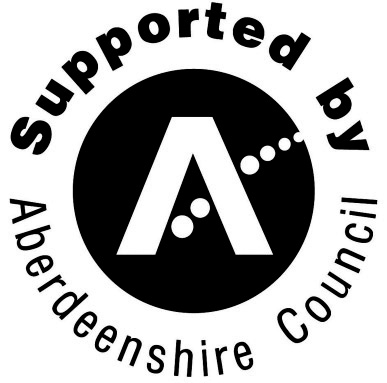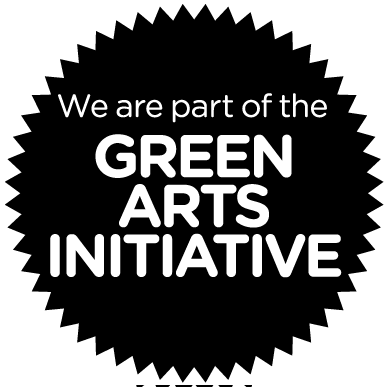On Friday and Saturday SSW opened up to the public in OUTING. We had presentations from a range of practitioners looking at the many facets of the From Turf to Tools project, as well as a public demonstration of the smelting process.
We have a huge Thank You to extend to the project participants, in particular the amazing Darrell Markewitz and his wife Kelly, and our very own Eden Jolly. We must also thank our volunteers James McCarthy, Thomas Stackhouse and Uist Corrigan, Dr. Gordon Noble of Aberdeen University and Dirk Sporleder of The Scottish Crannog Centre, as well as Deirdre O’Mahony and Maxime Hourani, artists and writers from Ireland and Lebanon respectively. Last but not least, thank you to Emma and Richard who helped with the smelt on Saturday at OUTING.
Friday started with an introduction to the project by SSW Director Nuno Sacramento. From Turf to Tools encompasses a discussion regarding our landscape, utilising local resources and materials, sharing expertise and exploring the dynamic from the retrieving a raw material to a creating a finished tool.
In this instance, the project took inspiration from the local archaeological finds in the nearby village of Rhynie and the Rhynie Man standing stone. The dig revealed evidence of metal working, and gave a basis to work from in smelting and forging in the local landscape. The Rhynie Man standing stone provided the tool – the axe carried by the man depicted on the stone.
While the project took inspiration from the Pictish archeology, From Turf to Tools was the lens which brought wider issues into focus, as evidenced by the connection to the work presented by Deirdre O’Mahony. Her work, such as T.U.R.F. (Transitional Understandings of Rural Futures) and X-PO demonstrates how the reframing of traditional practices, for the changing context of our landscapes, can bring together the capacity of creative practices to address future challenges, ideas of community, and explore the contemporary relevance of tacit place-based knowledge. The peat-cutting rights and land management in Ireland echoes many of the issues raised in searching for access to raw materials and resources within Turf to Tools. Shifts in governance and industrialisation see our connections and knowledge of the land dispersed.
From the raw material to process, the skills, knowledge and science of moving from a raw material dug from the ground to a malleable metal that can be shaped and forged to an object that is both aesthetic and practical, we relied heavily on the expertise of Darrell Markewitz. First engaging with the project through an online request for help by Eden, Darrell joined us with the wealth of knowledge of a master blacksmith, but also of the research and experience of historical smelting practices. The industrialisation of smelting and movement away from localised production occurred relatively early on, with little written documentation. This means that much of this knowledge has been lost, and it is through experimentation and the sharing of expertise – from science, to craftsmanship and academia – that we are able to start reconnecting with the land we dwell in, understanding the root of the objects, materials and buildings we see around us, and track the journey we have taken from dwelling in our landscape into our contemporary state of gazing upon it.


